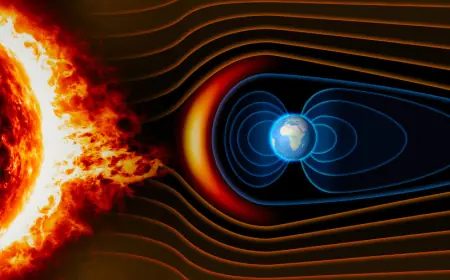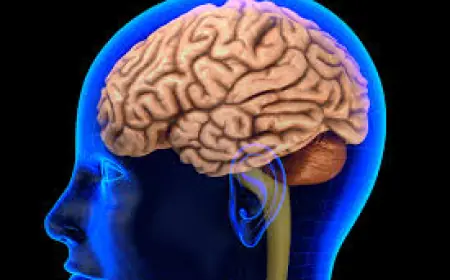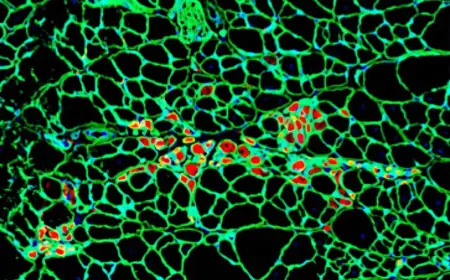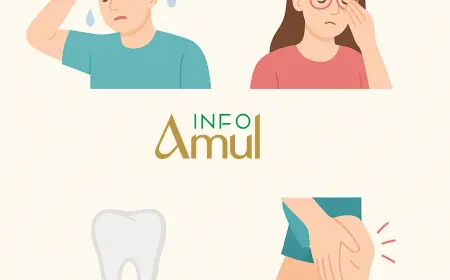Main Causes of Heart Defects: Doctor Warns About Cardiac Risks

Acquired heart defects are structural and functional disorders of the heart valves or major blood vessels that develop over a person’s lifetime due to various pathological processes. Unlike congenital heart defects, they are not related to embryonic development but arise from eight main causes, explained cardiologist Yevgeny Kokin from the “Medicina” clinic (Academician Roitberg’s Clinic).
“One of the main causes of acquired heart defects is rheumatic fever. It is most common in countries with low and middle income. Rheumatism leads to chronic inflammation of the valves — especially the mitral and aortic — causing thickening, fusion, and the development of stenosis or insufficiency. The second cause is infectious endocarditis — an infection of the endocardium and valves, usually caused by staphylococci or streptococci. This may lead to perforation of the valve leaflets, rupture of the chordae, abscess formation, and severe valve failure,” said the doctor.
Another risk factor is degenerative changes in the vessels, such as aortic stenosis, which often occurs in older adults.
“The fourth cause is atherosclerosis and arterial hypertension, which contribute to the development of aortic regurgitation due to dilation of the aortic root and impaired leaflet closure. The fifth cause includes systemic connective tissue diseases (such as systemic lupus erythematosus, rheumatoid arthritis, Behçet’s disease), which can cause nonspecific inflammation of the valves (Libman–Sacks endocarditis). Chest trauma can also damage valves or vessels (for example, rupture of the aortic valve or the aortic wall). The seventh cause involves complications following cardiac surgery or catheterization. Finally, cardiomyopathy may also lead to valve pathology,” Kokin explained.
The clinical presentation depends on the type of defect, its location, the degree of hemodynamic disturbance, and the compensatory ability of the myocardium. In early stages, the condition may be asymptomatic and detected incidentally during auscultation or echocardiography.
“Common symptoms of acquired heart defects include shortness of breath, arrhythmia, chest pain, dizziness and fainting, leg swelling, and fatigue. These are serious conditions that, if left untreated, can lead to heart failure, arrhythmias, or even sudden cardiac death. However, with early diagnosis and proper treatment (medical or surgical), the prognosis significantly improves,” the doctor concluded.



























